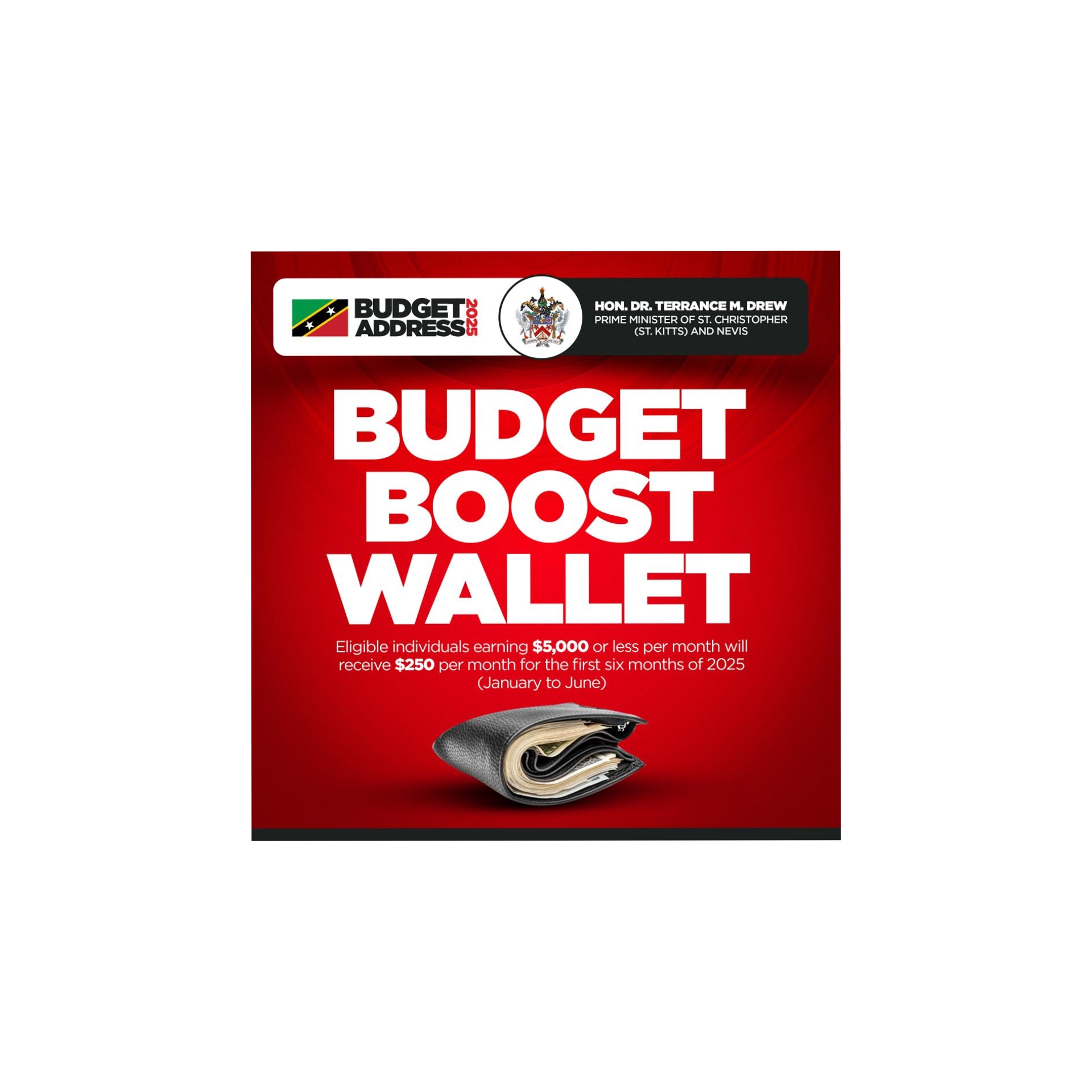St. Kitts and Nevis Implements Measures to Mitigate the Impact of Global Food Price Increases on Citizens and Residents
The escalating global food prices, fueled by supply chain disruptions, climate change impacts on agriculture, and surging international demand, pose a significant threat to economies worldwide, particularly impacting small island nations like St. Kitts and Nevis, which heavily rely on imported goods. Recognizing the urgency of this situation and its potential to disproportionately affect its citizens, the government of St. Kitts and Nevis, led by Prime Minister Hon. Dr. Terrance Drew, has implemented a comprehensive set of measures designed to mitigate the financial strain on households and bolster the nation’s economic resilience. These initiatives, outlined in the 2025 Budget Address, represent a multifaceted approach to addressing the immediate needs of the population while also laying the groundwork for long-term economic stability and growth.
Central to the government’s strategy is the temporary reduction of the Value Added Tax (VAT) from 17% to 13% for the first six months of 2025. This reduction aims to provide immediate relief to consumers by lowering the cost of essential goods, particularly food items, which have seen the most dramatic price increases. By directly impacting the price of everyday necessities, this measure provides tangible relief to households struggling with inflated grocery bills. This short-term VAT reduction is designed to provide a breathing space for families while longer-term solutions are implemented to address the root causes of food insecurity and rising prices.
Further demonstrating its commitment to protecting vulnerable populations, the government has introduced the Budget Boost Wallet (BBW) programme. This targeted initiative provides direct financial assistance of $250 per month from January to June 2025 to individuals earning $5,000 or less per month. The BBW program recognizes that lower-income households are disproportionately affected by rising living costs and aims to provide a crucial safety net during this period of economic uncertainty. This direct cash transfer provides immediate support for essential needs, empowering individuals and families to navigate the challenges posed by inflation.
The government’s commitment to supporting its citizens extends beyond immediate relief measures. A significant investment of $320 million over the past two years has been allocated to fund essential subsidies and social programs. Maintaining these subsidies on critical utilities and services is crucial for shielding households from the full impact of global inflation. Furthermore, the extension of the “Build & Thrive Incentive” program offers VAT reductions and waivers on import duties and customs charges for renovations and repairs. This initiative encourages investment in housing and provides an opportunity for homeowners to improve their living conditions while benefiting from reduced costs.
Recognizing the importance of fair wages in maintaining a decent standard of living, the government has implemented a historic increase in the national minimum wage to $500 per week, effective July 1, 2025. This increase represents a significant step towards ensuring that workers can afford basic necessities and provides a foundation for greater economic security. This move acknowledges the increasing cost of living and aims to provide a more livable wage for those at the lower end of the income spectrum, contributing to a more equitable and just society.
In addition to the minimum wage increase, the government has prioritized pension increases and bonuses for civil servants and pensioners. These adjustments further bolster household incomes and provide a measure of financial security for retirees and those relying on government pensions. The comprehensive approach taken by the government demonstrates a commitment to supporting all segments of the population, from low-income households to retirees, ensuring that no one is left behind during this period of economic challenge. The government’s actions reflect a long-term vision for a more resilient and inclusive economy in St. Kitts and Nevis. While acknowledging the global nature of the economic pressures, the government remains steadfast in its resolve to protect its citizens and create a more sustainable and prosperous future. These initiatives, as outlined in the 2025 Budget, offer a clear pathway towards economic recovery and demonstrate the government’s commitment to the well-being of its people. The government urges its citizens to maintain hope and work together to build a stronger and more equitable nation.
Share this content:












Post Comment